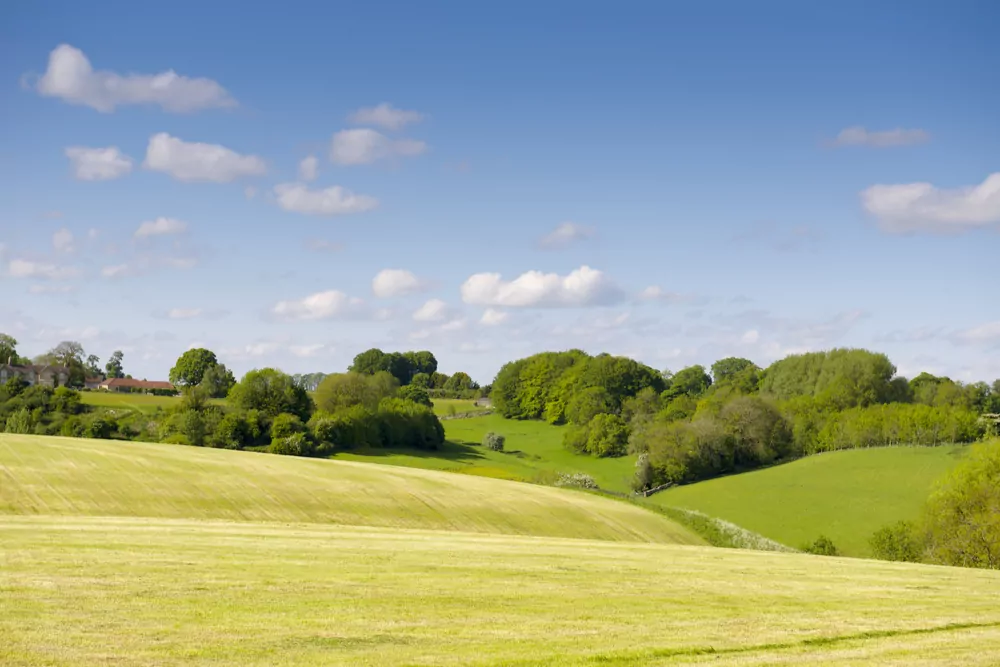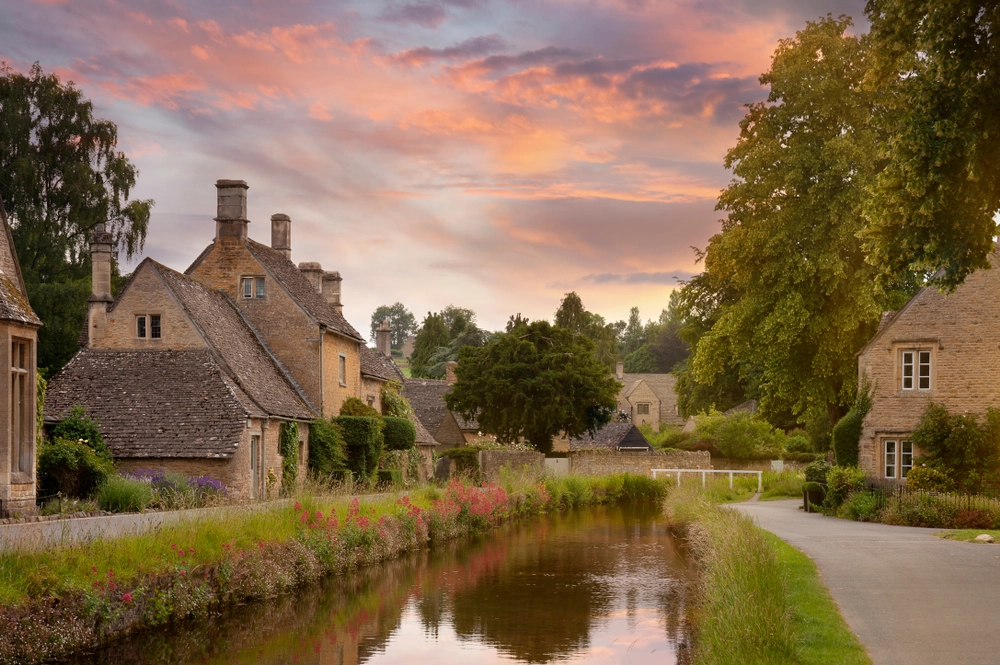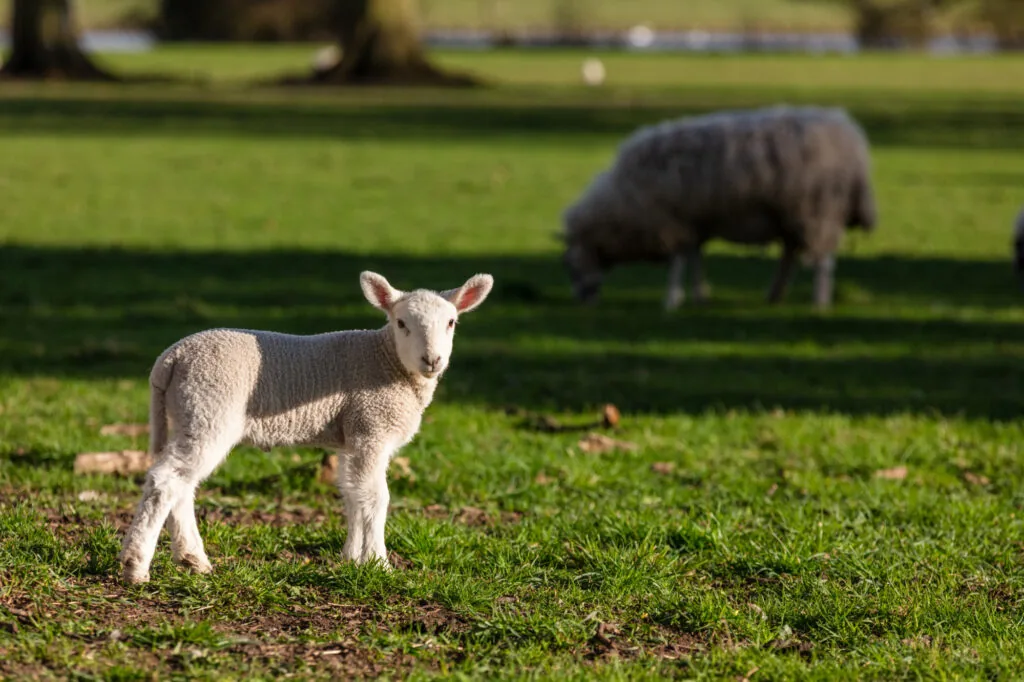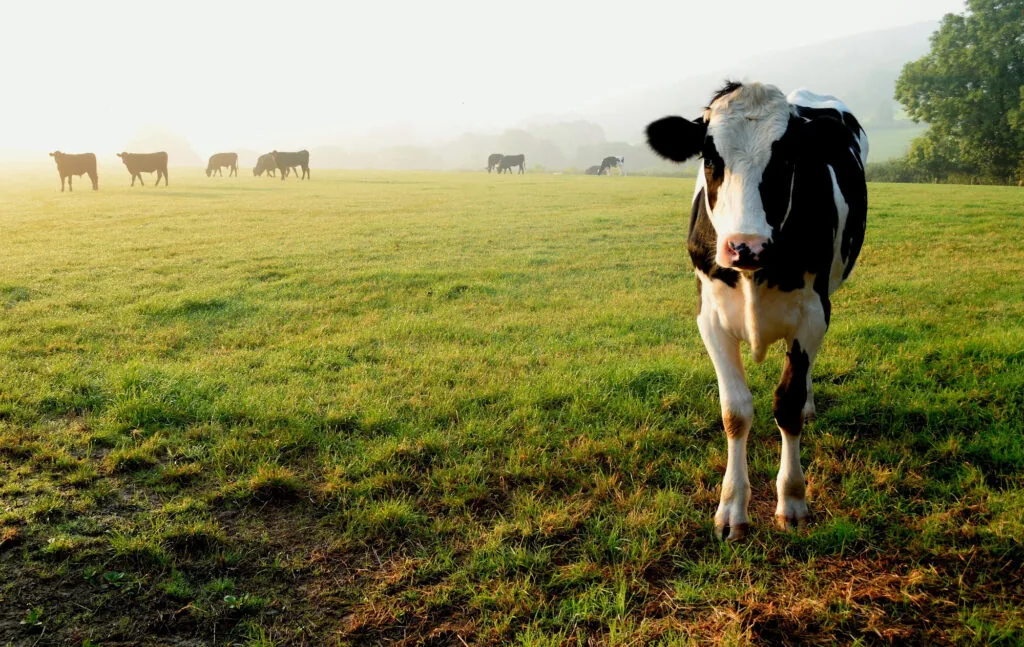
Divorce with a farm involved – how is this treated in England & Wales?

By Emily Botham
24 Mar 2022 | 4 minute read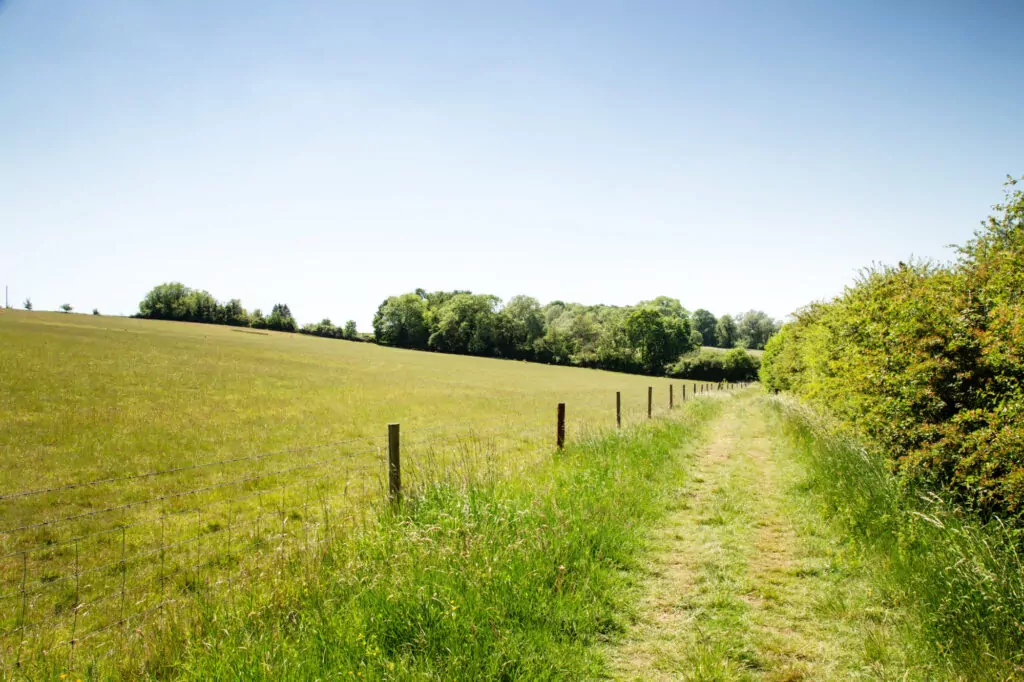
When a divorce is involved there are many factors to consider, all of which can be complex in their own way and a situation involving a farm is no different.
A divorce involving a farm can be challenging particularly if the family home is usually located where the day to day running of the farm takes place. There are also issues to do with income if the farming business is the main source of the family income.
As a result, agricultural divorces can be known as notoriously difficult to resolve which is why using a specialist is important.
How are farms dealt with in a divorce?
A divorce involving a farming case can typically involve, , a farm that has been inherited through a family over generations. This can carry with it a significant amount of sentiment to the farm and the land. It is understandable that a farm owner may wish to retain their farm in a divorce and to try to protect it from being taken away from them.
The court will look at whether a farm is a matrimonial asset or non-matrimonial asset. The starting point is to look at the nature of the farm and understand the background of how the farm has come to feature in a divorce. A matrimonial asset is more likely to be shared during a divorce whereas a non-matrimonial asset is more likely to be ringfenced, unless it is needed to meet needs.
It must not also be ignored that a non-farming spouse may have also made a full contribution to the marriage inclusive of the welfare of the family. This contribution will have supported entitlement to a financial claim to meet their needs on divorce.
What if I have inherited my farm?
The court has wide discretion in divorce cases and there are lots of scenarios for the court to consider. There are situations where a farm has been inherited, gifted, has been in the family for generations, where there is an expectation that it will be handed down.
In terms of the land itself, consideration will be given to whether it has been gifted or inherited over generations. If that is the case, the court may regard that land as a non-matrimonial asset. This may not always be the case though as the court will look at other scenarios such as whether land has been purchased jointly throughout the marriage and how that land has been purchased. The parties may have jointly borrowed funds to achieve this with commercial lending or even profits of the farm.
In addition, there are many other factors to also consider such as the length of the marriage itself and whether the needs of the family as a whole need to be prioritised, for example, where the parties and any children will live.
Valuing and dividing a farm in a divorce
This is a key feature in most divorce cases as it is important to know what the value of the farm is and whether the farm is financially healthy. A farm's value for the land itself will be essential to establish with the divorce and whether there is value to the farming business as well.
In addition to this, there may also be other family members involved in the running of the farm itself which may impact upon a spouse's value in the farm, for example any issues regarding a farming partnership. The land might also be subject to complex agricultural ties which are registered on the land or there may be associated planning restrictions.
This will all be factors to consider in the valuation of the farm itself and how it might potentially be able to be divided. We work closely with our agricultural and planning teams who are specialists in looking at these issues alongside us. Our UK tax and succession team will also advise on associated tax issues.
In some situations, it may be necessary to transfer ownership of some of the land or offer a financial settlement to the outgoing spouse if it is fair to meet their needs within the context of the divorce. Further assessment on whether this is possible will need to be considered.
Protecting your farm if you're getting divorced
We strongly recommend that a proactive approach is essential when there is a farm involved, particularly if you are thinking about planning for the future and the succession of a farm. Given what is at stake the attention that farming families rightly give to their succession planning should also include consideration of their relationships, families and marriage as part of that process.
If a couple are considering marriage, one of the recommendations we suggest is to enter into a pre-nuptial agreement. If they are already married, we recommend a post-nuptial agreement marriage which can be before any separation.
A pre-nuptial agreement can help give weight to ring-fencing a family farm. Although, this will have to fairly balance the wider needs of the family at the time of divorce which will help uphold any future pre-nuptial agreement. A pre-nuptial agreement is more likely to be upheld if the terms of it are considered fair upon a divorce. The court has provided guidance to how pre-nuptial agreement should be treated.
If you are already married, but not separated, then a post-nuptial agreement is recommended and can seek to achieve the same outcome as a pre-nuptial agreement would do so.
If neither have been done, and you would like to protect your farm upon divorce, there can be solutions adopted to reach a fair settlement between you and your spouse, such as a separation agreement or a financial order by consent. The terms of these arrangements can be dealt with in an amicable way to best protect your farm.
If you would like to get in touch to discuss farming assets upon divorce further, please contact one of our team below:







